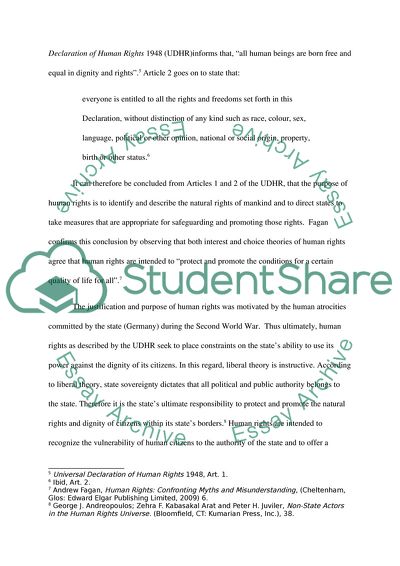Cite this document
(Private Law and Human Rights Essay Example | Topics and Well Written Essays - 2000 words, n.d.)
Private Law and Human Rights Essay Example | Topics and Well Written Essays - 2000 words. https://studentshare.org/law/1766807-lw301-jurisprudence
Private Law and Human Rights Essay Example | Topics and Well Written Essays - 2000 words. https://studentshare.org/law/1766807-lw301-jurisprudence
(Private Law and Human Rights Essay Example | Topics and Well Written Essays - 2000 Words)
Private Law and Human Rights Essay Example | Topics and Well Written Essays - 2000 Words. https://studentshare.org/law/1766807-lw301-jurisprudence.
Private Law and Human Rights Essay Example | Topics and Well Written Essays - 2000 Words. https://studentshare.org/law/1766807-lw301-jurisprudence.
“Private Law and Human Rights Essay Example | Topics and Well Written Essays - 2000 Words”. https://studentshare.org/law/1766807-lw301-jurisprudence.


